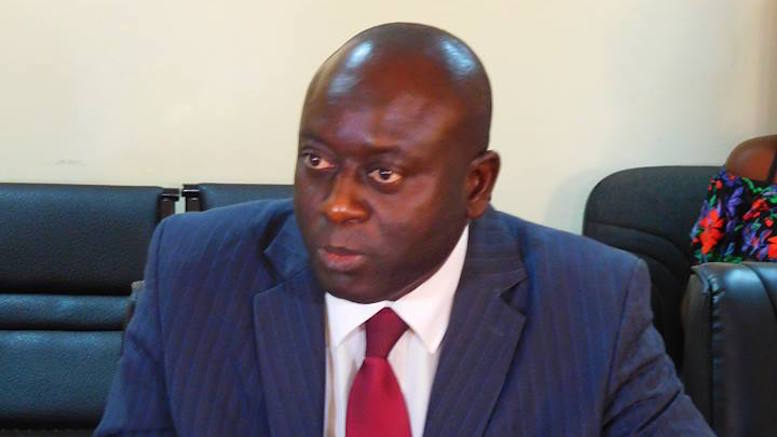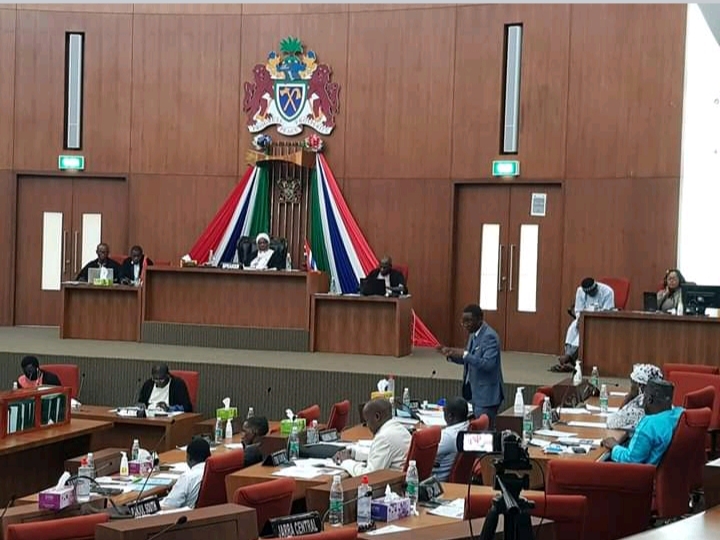The Gambia is one of a declining number of African countries that still does not have a law giving individuals a right to access information held by public authorities, or a right to information law. However, there is some movement on this issue with the preparation of an Access to Information (ATI) Bill for The Gambia, which includes the participation of the Ministry of Information and Communication Infrastructure (MOICI) The Gambia Press Union (GPU), The Federation for the Disable, Westminster Foundation for Democracy etc.
The bill, prepared by the GPU and submitted to the Gambian government, the Select committee on Education, Training and ICT on Thursday tabled its report on the said bill for review and adoption. The Access To Information bill 2019 seeks to ensure the enforceability of the right to access the information through the course, said the Attorney General and Minister of Justice, Abubacar Ba Tambadou. “Currently, when a request is made for the provision of certain information, there is no obligation for any public office to provide this information,” he reminded. With the ATI law, he noted, there is a legal basis to demand for the release of the needed information and that when the bill comes into law, it will change the whole status quo of the country's democratic governance. The Speaker of the National Assembly said the bill is aimed at reinforcing the county's democratic credentials and that it is consistent with the Government's promise of transparency and greater accountability in its functions.
She informed that the motion for the second reading of the bill was moved by the honorable Minister of Justice during the last plenary session of the Assembly in December 2019, when it was seconded and debated on its general merits and principle.
“The bill was referred to the Assembly Business Committee (ABC) and the ABC committed the said bill to the Education Training and ICT committee for scrutiny and report back,” the Speaker. Tabling the select committee’s report on the said bill, The Vice Chairperson of the National Assembly Select Committee on Education, Training and ICT, and NAM for Upper Saloum, honorable Alagie Mbow, affirmed that the select committee was tasked to review the bill with relevant stakeholders and report back to the plenaries, and that the committee engaged some key stakeholders in relation to the bill and noted their opinions.
The National Assembly member for Banjul North, Hon. Alagie Sillah submitted that rights are not absolute and are subjected to parameters; adding that confidentiality should be put into consideration for good governance. He argued that the Human Rights Commission is not the best place to lodge the bill as there is a need for the establishment of an independent body that will execute the bill.
Hon. Sedia Jatta of Wuli noted that the proper authority to administer this act is MOICI and not the human rights commission. He said if authority is given to the Human Rights Commission there will be a mistake adding that the bill seeks to enable ordinary Gambians to go to court and seek redress if there is denial in access to information that they believe is not and should not be restricted.
The next stage will be for the National assembly to consider the bill prior to parliament ruling on it


